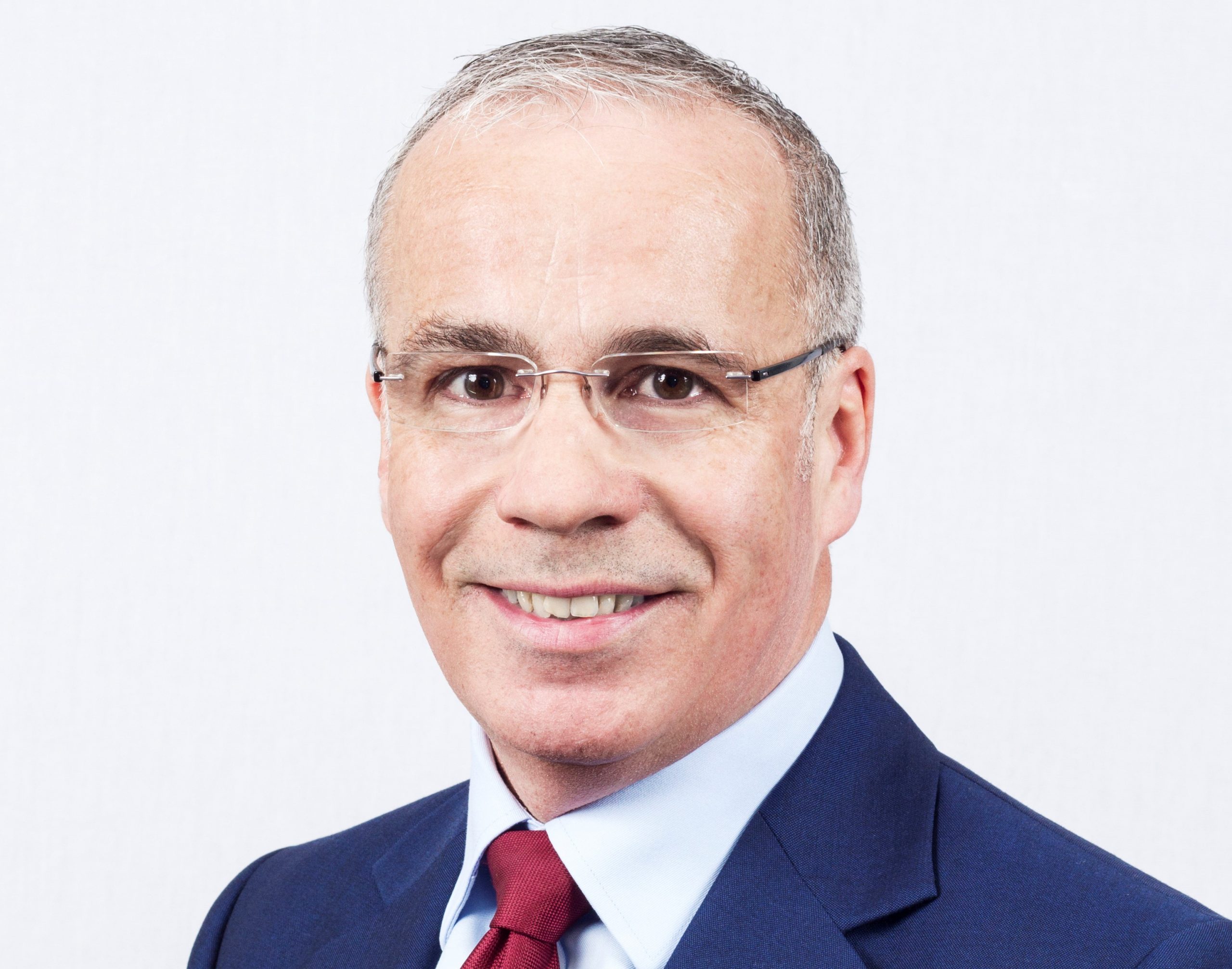Written by Alan Morahan, Managing Director of EB Consulting at Punter Southall Aspire
Although financial literacy has been part of the National Curriculum since 2014, a report from The London Institute of Banking and Finance states that only 8 per cent of young people said they learned the most about managing money in school.
This is because financial education is often not taught as a distinct subject but is integrated into other subjects, making it ineffective for many.
The same report states that nearly three-quarters of young people in the UK say they get most of their financial understanding from parents and other family members. If those family members have little understanding themselves you can see how money problems can pass from one generation to the next.
With financial stress being a major contributory factor to mental health issues, family break ups and criminality, the time is ripe to raise the importance of financial education to all parts of society and make it an absolutely key part of every child’s education.
At Punter Southall Aspire, we have a firm belief that improved financial literacy would be beneficial to society as a whole and are fully supportive of the aims of My Money Week
This is a national activity week for primary and secondary schools that provides a fantastic opportunity for young people to gain the skills, knowledge, and confidence in money matters to thrive in life.
In line with this objective, we have a long association with The Money Charity, which is the UK’s financial capability charity, proactively providing education, information, advice and guidance to people of all ages, helping them to better manage their money and increase their financial wellbeing. This work has helped people in prisons, the homeless, refugees and many others marginalised by society.
We are the sponsors of The Money Charity’s Student Money Manual, which is aimed at young adults going to university and, perhaps, having to manage money for the first time. We also have a number of colleagues who volunteer to help deliver their community-based workshops. These are often to the parents of school children and we feel that if we can help these people gain confidence in handling money matters then there will be a natural trickle-down to their children.
Many parents who attend these workshops are in low paid work or depend on benefits and often find it hard to manage the little money they have, and their associated schools want to do something positive to help them.
Delivering these workshops can be quite a humbling experience. Some attendees are clearly eking out a living and are often are trying to manage horrendous debt situations on their own, not realising that there are organisations like Step Change or Turn2us that they can ask for assistance.
The situation is magnified when English is a second language or where basic financial literacy is a challenge and it emphasises the real need to tackle this subject, almost from infancy. These already vulnerable people have been hit terribly hard by the pandemic, as they often have no buffer fund and either had no work or were in low paid jobs in sectors that have been massively impacted.
As a part of the government’s levelling up agenda it would be good to see a focus on greater equality of financial understanding and a great place to start would be in our schools.


